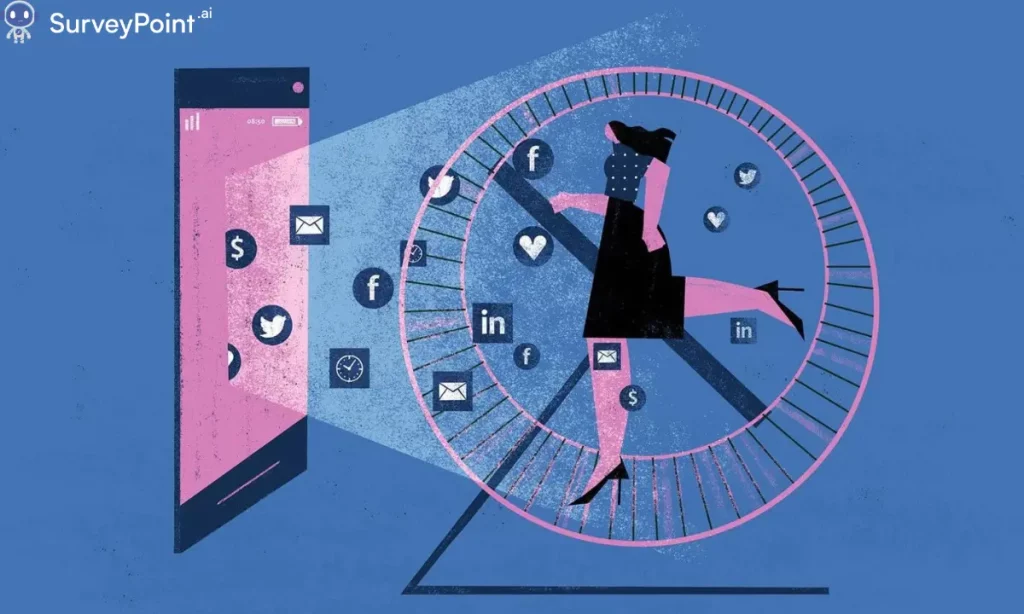
In today’s interconnected world, social media has become an integral part of daily life, shaping the way we communicate, interact, and perceive the world around us. This in-depth exploration delves into the profound impact of social media on both individual psychology and broader societal dynamics, shedding light on its far-reaching consequences and implications.
Unraveling the Impact of Social Media
1. Psychological Effects
- Social Comparison: Social media platforms often serve as a breeding ground for comparison, triggering feelings of inadequacy, envy, or low self-esteem as individuals compare their lives to curated portrayals of others.
- Fear of Missing Out (FOMO): The constant stream of updates and notifications can instill a fear of missing out on experiences or opportunities, leading to anxiety and compulsive behavior to stay connected.
- Validation Seeking: The quest for likes, shares, and comments can foster a reliance on external validation, shaping self-worth and identity based on digital feedback.
- Cyberbullying: The anonymity and accessibility of social media can facilitate cyberbullying, leading to psychological distress, depression, and even suicide among victims.
2. Societal Implications
- Information Overload: The abundance of information on social media can overwhelm users, making it challenging to discern truth from misinformation and contributing to echo chambers and polarization.
- Impact on Relationships: Social media has transformed the landscape of interpersonal relationships, influencing communication patterns, intimacy levels, and the dynamics of friendships and romantic partnerships.
- Cultural Influence: Social media platforms serve as powerful mediums for cultural dissemination, shaping trends, values, and societal norms on a global scale.
- Political Influence: Social media has emerged as a potent tool for political activism, mobilization, and engagement, influencing elections, public discourse, and civic participation.
Navigating the Complexities of Social Media Use
1. Awareness and Mindfulness
Encourage users to cultivate awareness and mindfulness regarding their social media usage, recognizing its potential impact on mental health, well-being, and relationships.
2. Digital Literacy and Critical Thinking
Promote digital literacy and critical thinking skills to help users navigate the vast landscape of social media, discerning credible sources from misinformation and propaganda.
3. Establishing Healthy Boundaries
Encourage individuals to establish healthy boundaries and practices around social media use, including setting screen time limits, curating their online environment, and prioritizing real-life interactions.
4. Foster Positive Online Communities
Encourage the cultivation of positive and inclusive online communities that foster empathy, support, and constructive dialogue, mitigating the negative effects of cyberbullying and toxicity.
Conclusion: Navigating the Social Media with Awareness and Responsibility
The impact of social media on psychology and society is undeniable, shaping our perceptions, behaviors, and interactions in profound ways. While social media offers unprecedented connectivity and opportunities for expression, it also presents challenges and risks that demand careful consideration and proactive measures. By fostering awareness, digital literacy, and responsible usage, we can harness the transformative potential of social media while mitigating its negative consequences, paving the way for a healthier, more balanced digital future. For more information checkout- Surveypoint.ai




